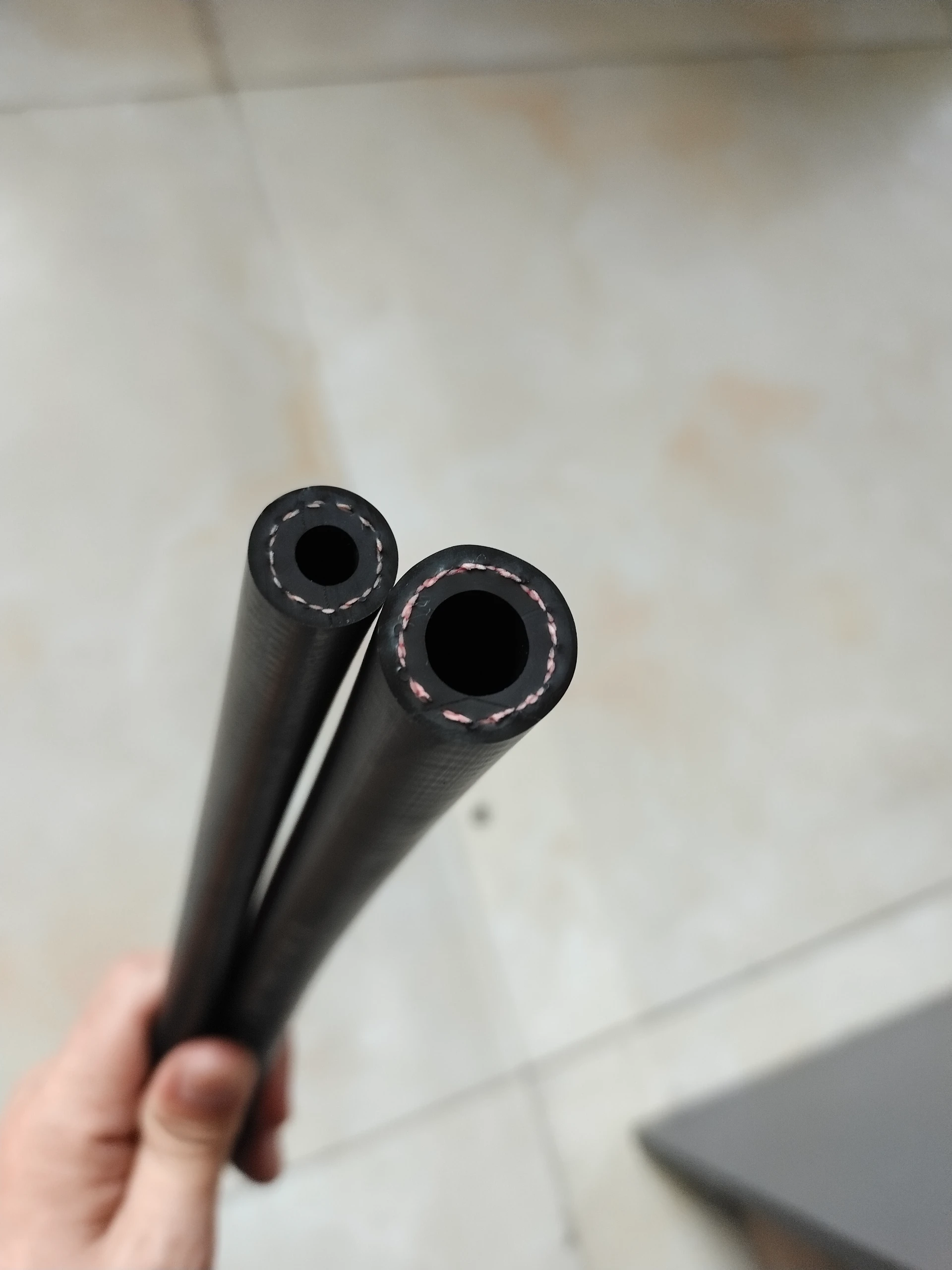Understanding the Importance of Air Brake Hoses in Vehicle Safety and Performance
Dec . 07, 2024 00:56 Back to list
Understanding the Importance of Air Brake Hoses in Vehicle Safety and Performance
The Importance of Air Brake Hoses in Commercial Vehicles
Air brake hoses are a critical component of the braking systems found in many commercial vehicles, including trucks, buses, and trailers. These hoses are designed to transmit compressed air from the vehicle's air compressor to the brake chambers, effectively facilitating the functioning of the air brake system. Understanding their importance, functionality, and maintenance is essential for anyone involved in the transportation industry.
Understanding Air Brake Hoses
Air brake hoses are typically made from durable materials like rubber or thermoplastic, designed to withstand high pressure and harsh environmental conditions. These hoses must be able to handle extreme temperatures, exposure to oil, and the wear and tear that comes from constant movement. Generally, air brake hoses are categorized into two types service brake hoses, which connect to the service brakes, and supply hoses, which provide air to the auxiliary systems.
Functionality in Braking Systems
The primary function of air brake hoses is to transfer compressed air from the truck’s air compressor to the brake actuators in the wheel assembly. When the driver presses the brake pedal, air is released through the hoses and into the brake chambers. This action forces a plunger within the chamber, which in turn pushes the brake linings against the brake drum or disc, slowing down or stopping the vehicle. The reliability of this process is paramount since any failure in the braking system can lead to catastrophic accidents.
Safety Considerations
air brake hose

Given their vital role in vehicle safety, maintaining air brake hoses is crucial. Cracked, frayed, or damaged hoses can lead to air leaks, resulting in reduced braking efficiency, which can compromise the safety of the vehicle and its occupants. Regular inspections are necessary to ensure the integrity of the hoses. Key indicators to check include any signs of wear, bulging, or discoloration. If any issues are identified, it is essential to replace the hoses immediately to prevent potential failures.
Regulations and Standards
In many countries, air brake systems and their components, including hoses, are subject to strict regulations and standards. For instance, the Federal Motor Carrier Safety Administration (FMCSA) in the United States mandates that commercial vehicles must undergo regular safety inspections, including checks for braking system integrity. Compliance with these regulations not only ensures safety but also helps in maintaining the vehicle's operational status and prolonging its lifespan.
Innovations and Technology
The technology surrounding air brake hoses is constantly evolving. Recent advancements have led to the development of more durable materials that enhance the longevity and performance of these hoses. Innovations such as lightweight composite materials can reduce the overall weight of the vehicle, improving fuel efficiency while maintaining safety standards. Additionally, some manufacturers are now integrating sensors within the hoses that can monitor air pressure in real-time, providing drivers with immediate feedback and enhancing safety further.
Conclusion
Air brake hoses are an integral part of the braking systems in commercial vehicles. Their function and reliability are paramount to ensuring safety on the roads. Regular maintenance, adherence to safety regulations, and awareness of technological advancements are essential for drivers and fleet operators alike. Understanding the intricacies of air brake hoses can help in making informed decisions that not only enhance vehicle performance but also prioritize safety for all road users.
